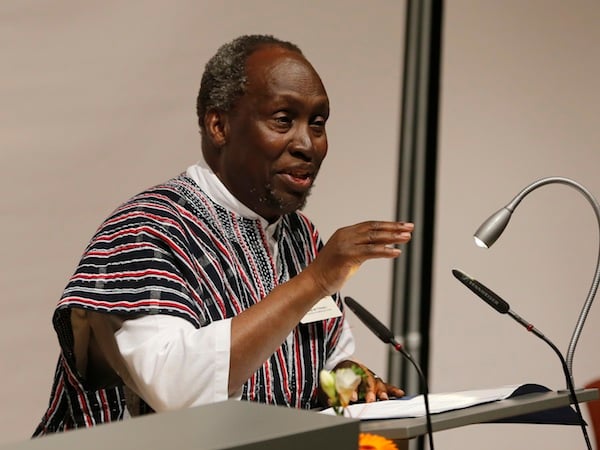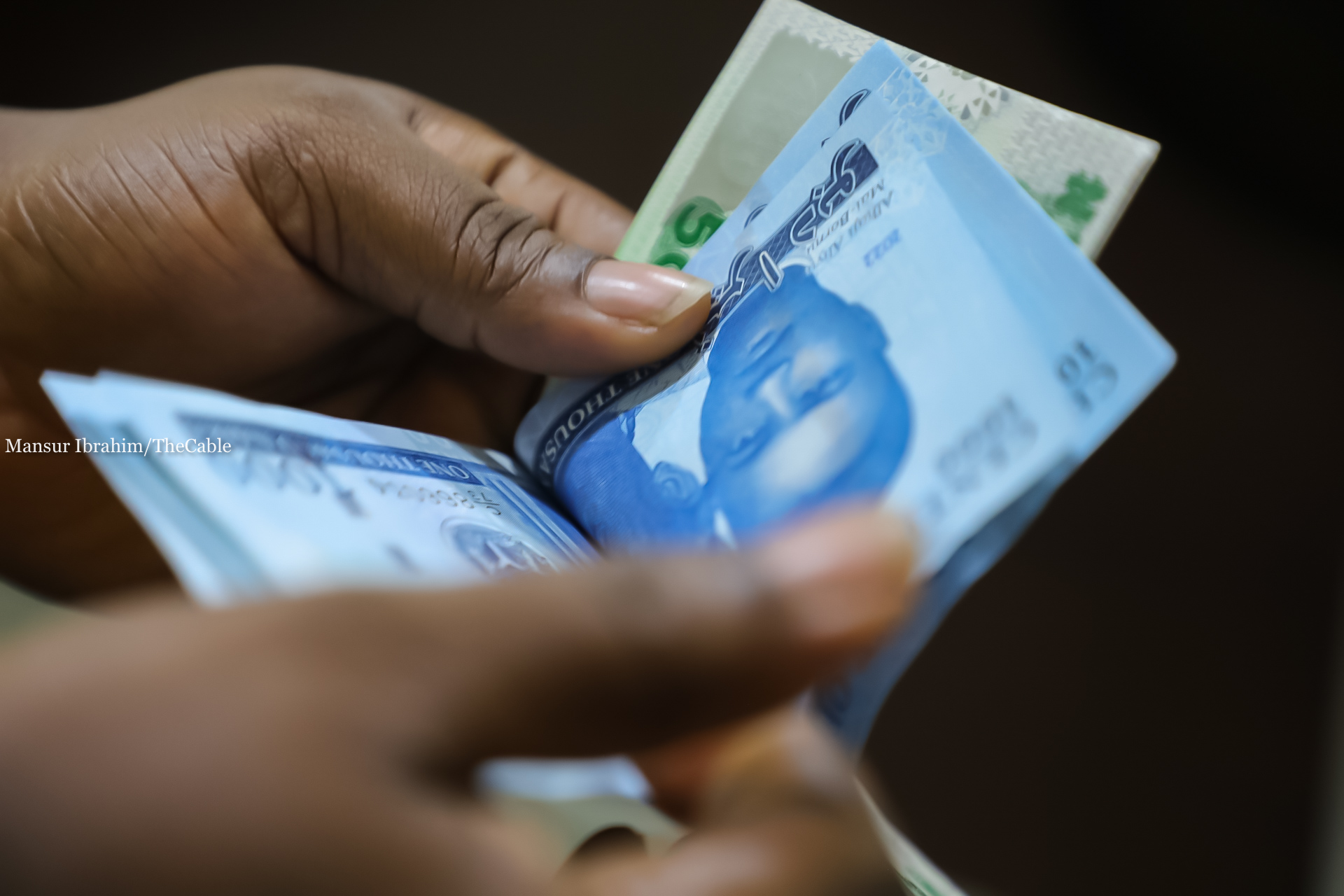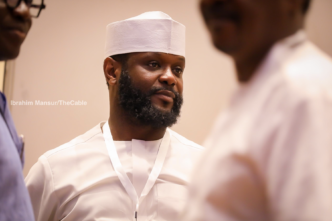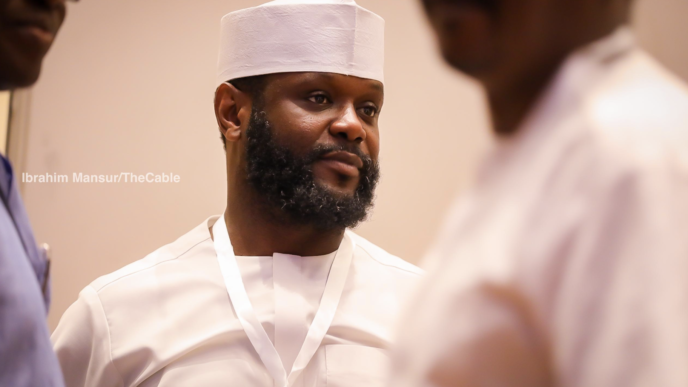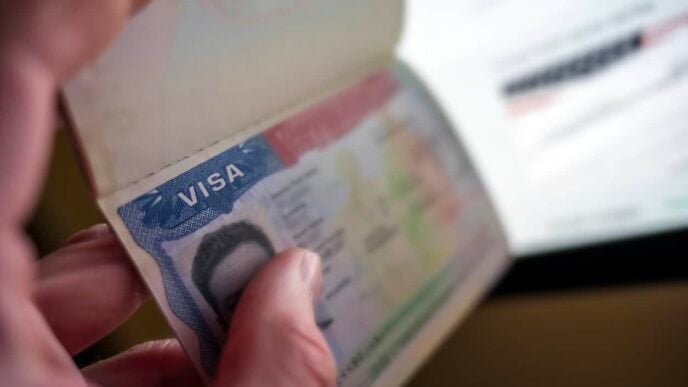BY SIMON IMOBO-TSWAM
Ngûgî wa Thiong’o attacked Western hegemony: colonialism, religion, education, language and culture in his writings. He had no good word for colonialism.
But because he also riled at the crooked elite of post-colonial Kenya, calling them the exact names they deserved, he found himself in exile in 1977: first, in the UK; and then, in the US.
There were, in Kenya at that time, many crooked politicians, pick-pockets, criminal contractors, compromised security agents, corrupt judges, armed robbers, vote-thieves, perjurers, forgers, ritualists etc, but it was an ordinary teacher that Kenya could not stand. His unpardonable crime? He refused to keep quiet, he refused to sit at the table with them, he refused to blend into the background of “normalised abnormalities,” to genuflect before illegitimate power or to integrate himself into the system of bazaar and spoils.
Advertisement
Ironically, after his country sought to kill him, it was the lands of the derided hegemony that welcomed him, permitted his criticism and even gave him succor. He professed at Northwestern University, Yale University, New York University and at the University of California, Irvine.
When he visited his native land after 22 years in Nov. 2004, Kenya welcomed him with a traumatic nightmare. Gunmen invaded where he was staying: they beat him up mercilessly and raped his wife in his presence!
It was a traumatised and confused wa Thiong’o who returned to the US. Africa can shame her own! And yet, even in faraway US, this proud son of Kenya kept Kenya, the land of his birth, in his heart. He continued to visit Kenya now and again.
Advertisement
Ngûgî wa Thiong’o’s life mirrors that of another great African writer, Mongo Beti. He too was exiled from his country, for 32 years, and only returned, in 1991, after President Ahmadou Ahidjo, had died. As his wife, Odile Tobner, noted after his death, “exile was not easy on Beti; he remained tortured by his concern for his embattled country.”
Ngûgî is now gone to the silent climes, unsung at home, but enthusiastically celebrated abroad. Will Kenya want to bury her foremost literary ambassador to the world and East Africa’s biggest novelist, playwright, academic, cultural diplomat and social conscience? Will Kenya now give him a post-humous national honour in order to cover her shame or atone for her guilt in exiling one of her best?
The questions are important because the gargantuan academic and versatile writer was a recipient of seven honorary doctorates from many foreign universities i.e. D Litt (Albright); PhD (Roskilde); D Litt (Leeds); D Litt &Ph D (Walter Sisulu University); PhD (Carlstate); D Litt (Dillard) and D Litt (Auckland University).
In Africa, universities that conferred honorary doctorates on him include Makerere University (Uganda); Walter Sisulu University (South Africa); and the University of Dar es Salaam (Tanzania). Strangely, there was none from a Kenyan university!
Advertisement
Rest in peace, the great Ngûgî wa Thiong’o.
PS: If you see your friend, Chinua Achebe, tell him: Things have Fallen (more) Apart:
The Falcon is Deaf
Innocence is Dead
Anarchy is the new Order
Blood flows like an Ocean
The centre has no Centre
The grave took our Best
And left us the Chaff.
PS (2):
If you see Mongo Beti, do tell him not much has changed; that should write the second editions of: 1. “Main Basse sur le Cameroun: Autopsie d’une décolonisation” (1971); 2. “La France Contre l’Afrique: Retour au Cameroun” (1993) and 3. “Lettre ouverte aux Camerounais, ou, La deuxième mort de Ruben Um Nyobé” (1986).
Imobo-Tswam, a retired newspaper editor, writes from Abuja. He can be reached at [email protected]
Advertisement
Views expressed by contributors are strictly personal and not of TheCable.
